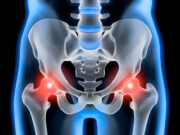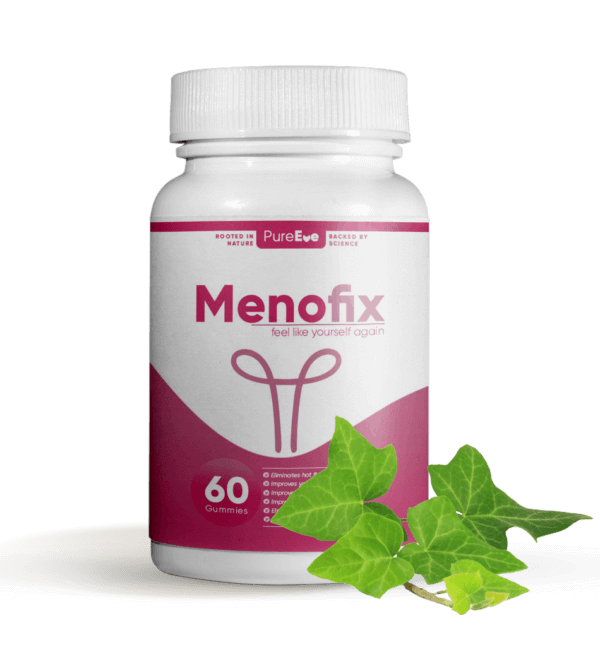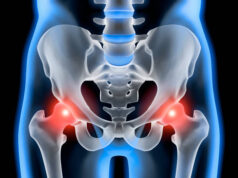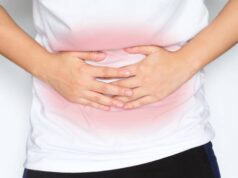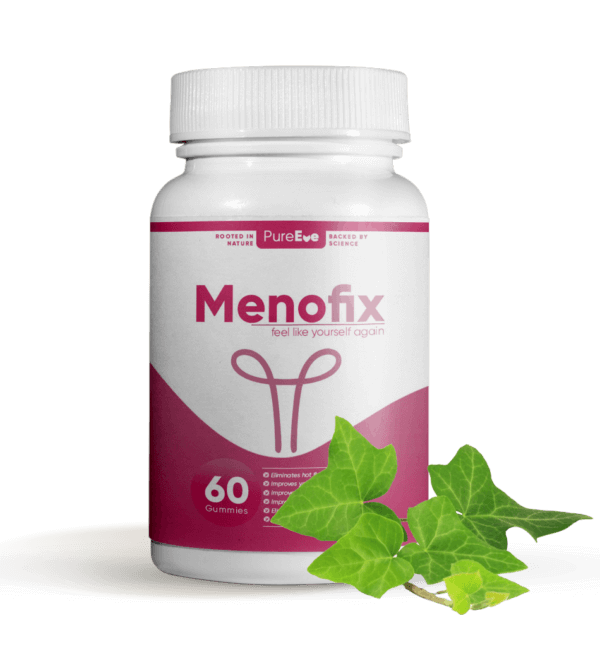Menopause is a natural transition, but it often comes with unexpected changes such as hot flashes, mood swings, weight gain, and sleep struggles. Most women look for relief in pills or treatments, yet the real game-changer often lies in your kitchen. The best food for women going through menopause can balance hormones, improve energy, and ease uncomfortable symptoms without relying on medications.
Think of your diet as your daily hormone helper fueling your body with nutrients that support your mind, metabolism, and mood through this major life phase.
Why a Healthy Menopause Diet Matters
When estrogen levels dip, everything from your metabolism to your mood can wobble. Your bones may lose strength, your heart works harder, your weight can shift, and sleep often becomes a battle. A thoughtfully crafted menopause diet anchors you: it gives your body the building blocks it needs to preserve bone health, balance blood sugar, ease hot flashes, and reclaim energy. Treating food as medicine means giving yourself the gift of comfort, strength, and vitality during a time of change.
Here’s why focusing on nutrition is so important during this stage:
- Supports Bone Health: Low estrogen makes bones weaker. Foods rich in calcium and vitamin D can prevent bone loss.
- Cardiovascular risk: Heart disease risk increases after menopause, so eating heart-friendly fats becomes essential.
- Metabolism and body composition: Eating enough protein and fiber helps preserve muscle and manage weight gain.
- Improves Mood and Energy: Nutrient-dense foods stabilize blood sugar and reduce irritability.
- Manages Symptoms: Certain foods, like soy and flaxseeds, contain natural plant estrogens that may help reduce hot flashes.
What Foods to Eat and Why They Matter
- Protein-Rich Foods
Protein is essential during menopause because it helps maintain muscle mass, strengthens bones, and keeps your metabolism active.
Good sources include:
Fish (especially fatty fish like salmon, mackerel, sardines)
Rich in high-quality protein and omega-3 fatty acids (EPA/DHA), which have anti-inflammatory and cardiovascular benefits.
Poultry, eggs, lean meats
Help meet protein needs without excessive saturated fat.
Legumes & pulses (beans, lentils, chickpeas)
Plant protein plus fiber, which supports blood sugar control and digestive health.
Soy foods (tofu, tempeh, edamame, soy milk)
Contain isoflavones (phytoestrogens) that may modestly mimic estrogen and help with hot flashes for some women. Research suggests that consuming soy foods is not linked to increased breast cancer risk and may in some cases reduce risk.
Greek yogurt, cottage cheese, dairy or fortified dairy alternatives
Provide protein along with calcium, which is vital for bone health.
- Calcium and Vitamin D Foods
Calcium keeps your bones strong, while vitamin D helps your body absorb it. Since menopause increases the risk of bone loss, these nutrients are must-haves. Include:
- Low-fat dairy: milk, yogurt, cheese
- Fortified plant milks (soy, almond, oat)
- Leafy greens (kale, collards, bok choy)
- Tofu set with calcium, fortified juices
- Fatty fish and egg yolks for vitamin D
- Grains & High-Fiber Carbohydrates
Whole grains are high in fiber, which helps control blood sugar, reduce bloating, and keep cholesterol in check.
Choose:
Oats, brown rice, quinoa, barley
Whole-grain bread and pasta
Beans and lentils
Fruits like apples and berries
Fiber also helps with digestion and makes you feel full for longer, which can prevent midlife weight gain.
- Healthy Fats
Not all fats are bad. Your body needs healthy fats to support hormone production and heart health.
Eat more of:
Avocados
Olive oil and flaxseed oil
Nuts and seeds (especially flaxseeds and chia seeds)
Fatty fish rich in omega-3 (like mackerel, salmon, and tuna)
Healthy fats can also improve skin elasticity and reduce inflammation that triggers hot flashes.
5. Fruits and Vegetables
These should fill at least half your plate. Fruits and veggies are rich in antioxidants, vitamins, and minerals that protect your body from oxidative stress and inflammation.
Focus on:
Berries for antioxidants
Citrus fruits for vitamin C
Leafy greens for calcium and magnesium
Cruciferous veggies like broccoli and cabbage to support hormone balance
Eating a variety of colors means you’re giving your body a wide range of nutrients.
6. Soy and Phytoestrogen Foods
Soy contains compounds called phytoestrogens, which act like weak estrogen in the body. They can help reduce hot flashes and support hormonal balance.
Try adding:
Tofu, tempeh, soy milk, and edamame
Flaxseeds and sesame seeds
Chickpeas and lentils
Moderate amounts of soy foods are perfectly safe for most women and can be very beneficial during menopause.
7. Water and Herbal Drinks
Hydration is key! Hot flashes and night sweats can leave you dehydrated. Drink plenty of water throughout the day. Herbal teas like chamomile, peppermint, or red clover may also help with relaxation and symptom relief.
Foods to Limit
To optimize health during menopause, it’s wise to reduce:
Refined sugars and sweets: These cause metabolic stress, weight gain, and mood swings.
Refined grains (white bread, white rice, pastries) low fiber and spike blood sugar.
Highly processed foods / ultra-processed snacks: high in salt, sugar, unhealthy fats.
Excess saturated fat and trans fats: limit red meat, fried foods, baked goods.
Excess caffeine, alcohol, spicy foods (may aggravate hot flashes or sleep).
High sodium / high salt: may worsen blood pressure, fluid retention, bone health.
Sugary beverages, sweetened sodas: empty calories, metabolic burden.
Very high-dose soy or unregulated hormone supplements (without medical supervision).
Excess caloric intake: as metabolism slows, overeating contributes to fat gain.
What Supplements to Consider
Food should always come first, but some nutrients can be harder to get from diet alone, especially during menopause. Supplements can help fill the gaps when needed.
- Calcium and Vitamin D: For bone strength and density.
- Omega-3 Fatty Acids: Support heart and brain health.
- Magnesium: Helps with sleep, mood, and muscle function.
- B Vitamins: Improve energy and support nerve health.
- Probiotics: Promote good gut health and digestion.
- Soy Isoflavones or Herbal Supplements: Can help reduce hot flashes, but talk to your doctor before taking any hormonal or herbal supplement.
Frequently Asked Questions
1. How much protein is enough during menopause?
Aim for at least 1–1.2 grams of protein per kilogram of body weight daily. For example, if you weigh 70 kg, you should get about 70–84 grams of protein each day. Spread it out across meals for better absorption.
2. Will eating soy cause hormone-sensitive cancer?
No, eating natural soy foods like tofu, soy milk, and edamame won’t cause hormone-related cancers. In fact, moderate soy intake is safe and can even offer protective benefits for most women. Stick to whole soy foods and avoid high-dose soy supplements unless prescribed.
3. What drink is good for menopause?
Water is your best friend. Staying hydrated can help reduce bloating and control body temperature. You can also enjoy:
Herbal teas like chamomile or peppermint
Green tea for antioxidants
Fortified soy milk for calcium and protein
Avoid too much caffeine and alcohol, which can worsen hot flashes and disrupt sleep.
4. What is the best supplement for menopause?
The best supplement depends on your body’s needs, but many women benefit from calcium, vitamin D, and omega-3s. Always consult your doctor before starting any supplement to know what’s right for you.
5. Can I eat sweets during menopause?
Yes, you can enjoy sweets occasionally. The key is moderation. Choose natural options like dark chocolate or fruit-based desserts and balance them with nutrient-rich meals.
6. How soon will diet changes help symptoms?
Some women notice improvements in energy and mood within a few weeks, while others may need a few months to see changes. Consistency is key — keep your diet balanced, stay active, and be patient with your body.


